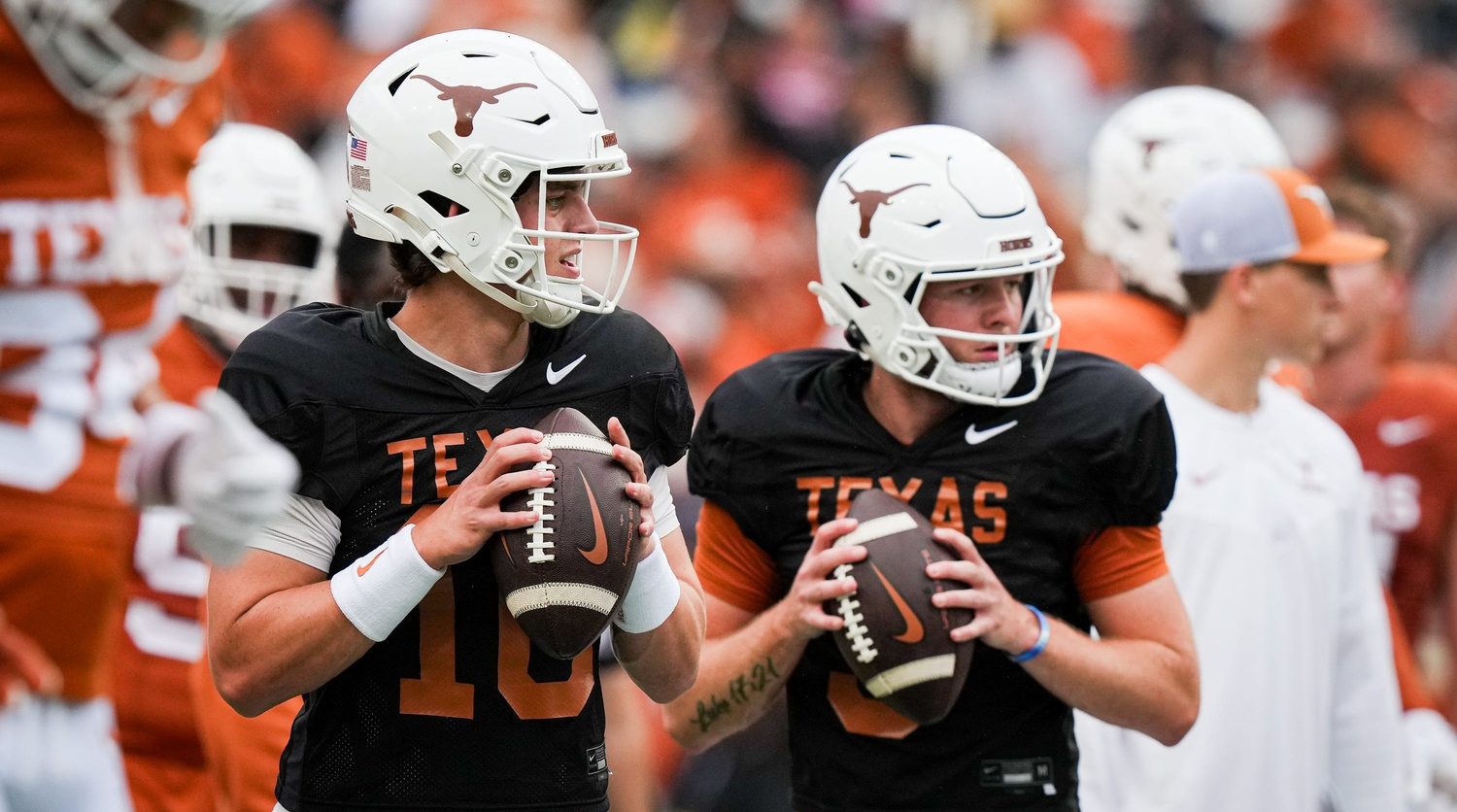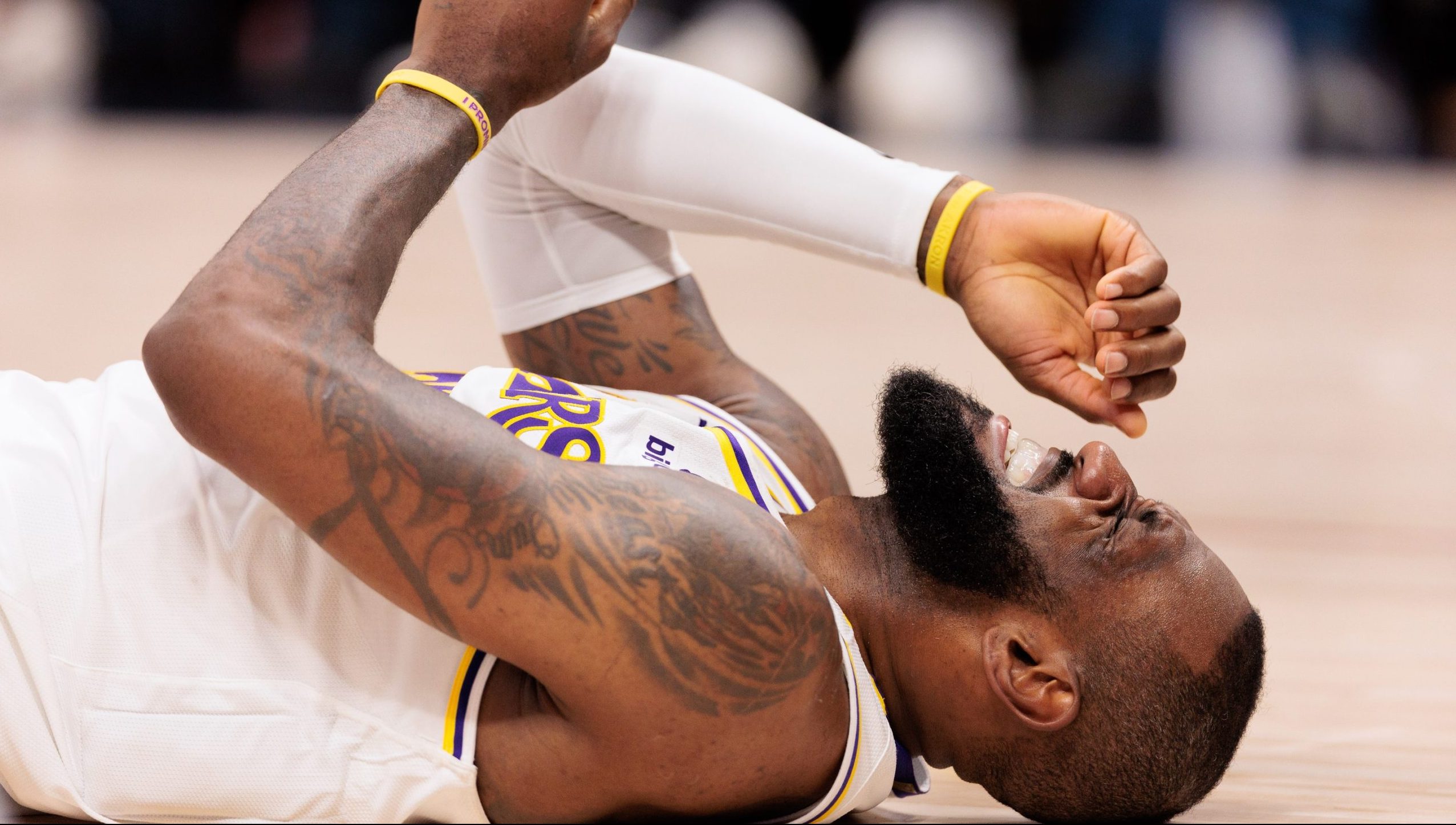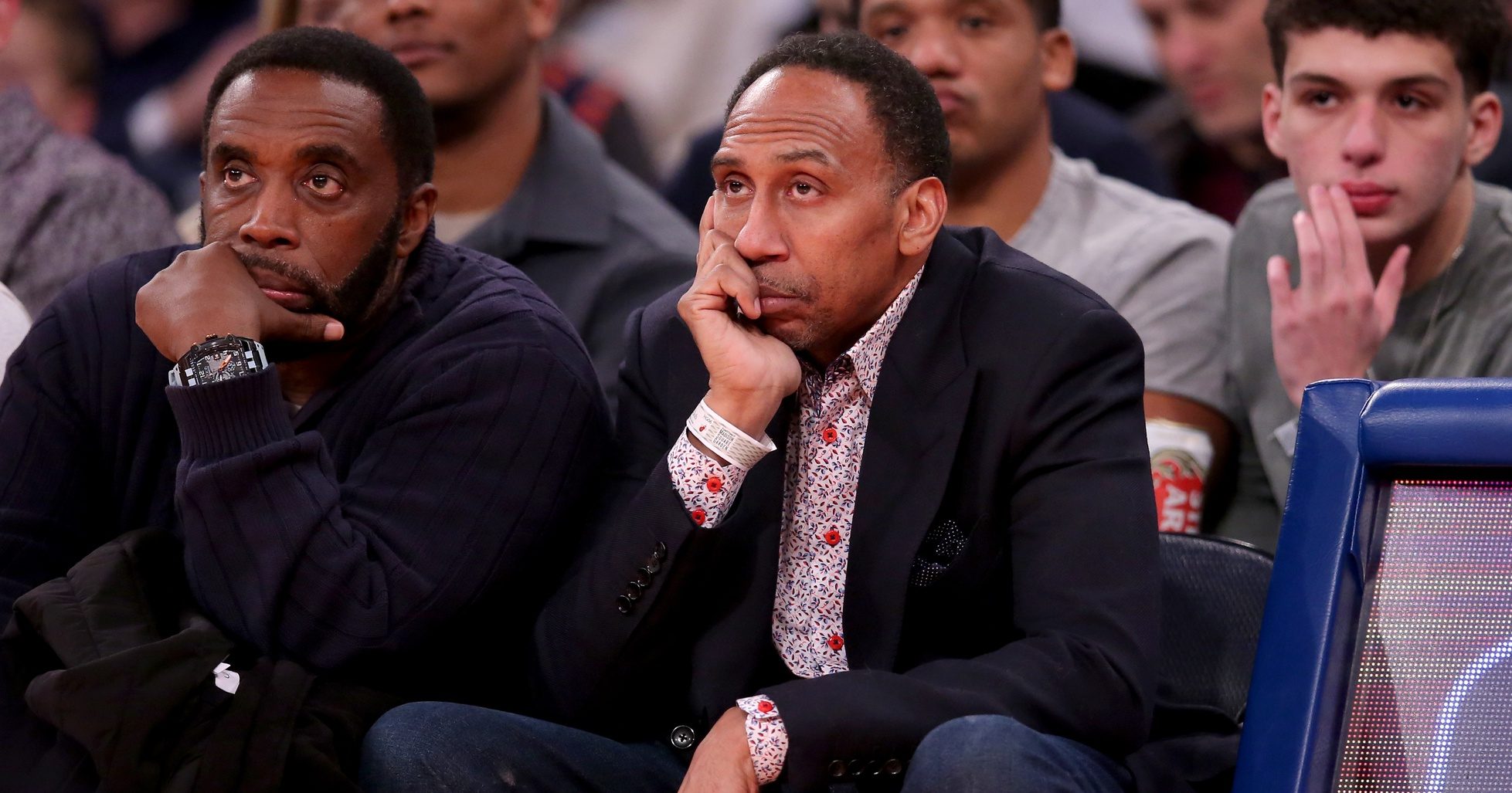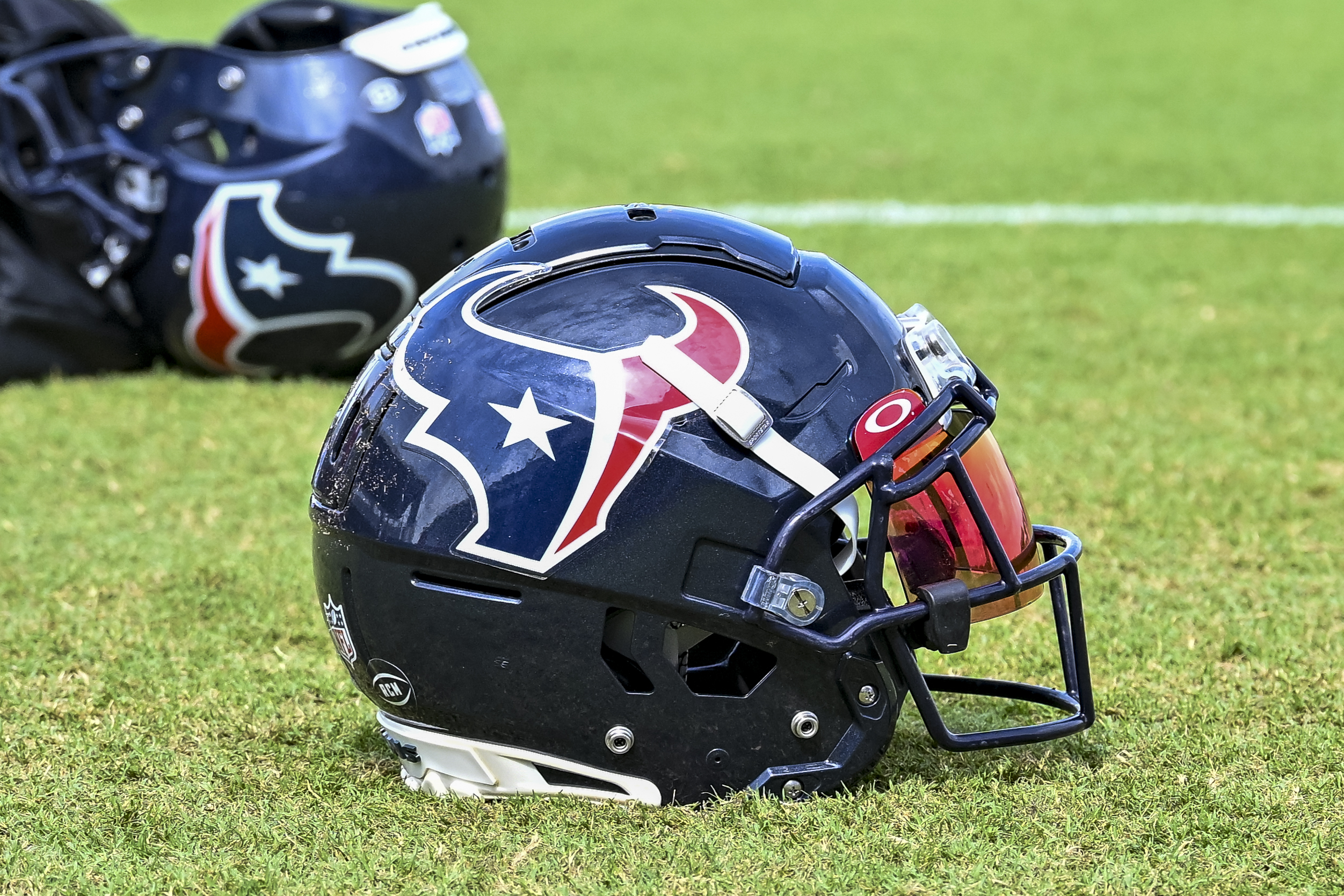We’ve distracted ourselves with talk of Peyton Manning’s future, Cam Newton’s place in our culture and John Elway firing one of the league’s best coaching staffs in order to get to the Super Bowl—and actually having that crazy plan work. But in the back of our collective football mind, there’s been a burning worry leading up to Super Bowl 50: This is going to be a blowout, isn’t it?
The Carolina Panthers have been on a roll, not only going 15-1 through the regular season, but laughing their way through two extremely tough playoff matchups. They outscored the Seattle Seahawks and Arizona Cardinals a combined 54-7 in the first halves of those two games, and went on cruise control in the second halves.
The last time Manning, and his Broncos, appeared in the Super Bowl it was a 43-8 disaster—and even that score didn’t reflect what an overwhelming, wire-to-wire thrashing the game really was. Just as the Panthers did to the Cardinals and Seahawks this year, so the Seahawks did to the Broncos two seasons ago.
That Super Bowl XLVIII humiliation was the first true blowout in a decade. Though Super Bowls carry a stigma of being boring, one-sided affairs, we hadn’t seen a good old-fashioned thrashing since the Tampa Bay Buccaneers put a 48-21 hurting on the Oakland Raiders at the end of the 2002 season.
Before then, though, Super Bowls earned their reputations.
Seven Super Bowls have been decided by a field goal or less, and 18 by one score. But a whopping 12—a quarter of all Super Bowls—have been decided by three touchdowns or more and 19 were won by three scores or more.
The “First AFL-NFL World Championship Game,” as Super Bowl I was billed, was a 35-10 handling of the Kansas City Chiefs by the Green Bay Packers. The 1970s saw a couple of big wins, too, but the 1980s and 1990s—when many of the people driving today’s NFL conversations were born or coming of age—Super Bowls were anything but super.
Dynasties like the San Francisco 49ers and Dallas Cowboys wreaked all kinds of havoc in that era. So did great teams from Washington, Chicago and Oakland/Los Angeles. Take a look at the margin-of-victory trends over the sweep of history:
Washington’s 38-9 blasting of the Los Angeles Raiders in 1984 marked the beginning of over a decade of blowouts, where the five-year margin-of-victory average rose above a whopping 20 in 1986, and didn’t dip far beneath that until 1997. This period saw five of the six baddest beatings in Super Bowl history, including the granddaddy of ’em all: the 55-10 walloping the 49ers put on the Broncos in 1990.
Starting with the Cowboys’ 10-point victory over the Pittsburgh Steelers in 1996, though, the average margin of victory has been in steep decline. Over the past 19 Super Bowls, only three have been won by more than two scores: The 2000 Ravens’ win over the Giants, the aforementioned Buccaneers’ win over the Raiders and Manning’s Waterloo two years ago.
http://gty.im/470103199
That awful defeat ended a ten-year run of the closest Super Bowl margins in history.
Denver is no stranger to Super Bowl blowouts. Of the 19 Super Bowls with a bigger-than-two scores margin of defeat, the Broncos were on the losing end of five of them. It’s worth noting, too, that one of the Broncos’ two wins was a 15-point triumph over the Atlanta Falcons in 1999—so of the seven Super Bowls in which the Broncos have played, only one had a competitive finish.
http://gty.im/457687164
A quick look at the Broncos’ matchup against the Panthers this Sunday bodes ill.
Yes, the Broncos had the No. 1 yardage defense and No. 4 scoring defense in the NFL this year. Yes, that defense held offenses that had been averaging 26.4 and 29.1 points per game to 16 and 18 points, respectively. Yes, they forced the No. 3 and No. 4 scoring offenses in the NFL into a combined seven sacks, three fumbles and two interceptions. But the Panthers’ defense isn’t far off.
Carolina ranked sixth in yards allowed, cedeing about 40 yards per game more than the Broncos’ league-leading 283.1 mark. The Panthers were also sixth in points, allowing less than a point more per game. They’ve been no less disruptive, racking up eight sacks, three fumbles and six interceptions against the No. 2 and No. 4 scoring offenses in the NFL (the Steelers and Seahawks both averaged 26.4 points scored per game). Both defenses have four Pro Bowlers in their lineups.
The difference between the two units is negligible.
http://gty.im/506650192
Meanwhile, Cam Newton is the game’s best player, leading both the best and hottest offense in the NFL. The Panthers averaged 31.2 points scored per game in the regular season, and 39.5 points per game in the playoffs (against the league’s No. 1 and No. 7 scoring defenses).
The Broncos struggled to a 22.2 points-per-game scoring average, mostly with Manning under center. Manning, whose 67.9 passer rating tied Ryan Mallett for worst in the NFL this season, is on a relative hot streak: The only three games all year in which he hasn’t thrown an interception have been the last three games he’s played.
It would be an incredible story if Manning won a Super Bowl with two different franchises. He’s certainly the best quarterback in history as far as stats, honors and regular-season accomplishments are concerned, so forever getting the “choker” monkey off his G.O.A.T resume’s back would mean the world to his legacy. Whether he rides off into the sunset or stops just short of it in Los Angeles next season, a winning performance in Super Bowl 50 would be a glorious late chapter in an amazing career—and maybe our only hope of a game that holds our interest past halftime.
Sadly, both history and current trends are stacked massively against Manning; it’s going to take a minor miracle for the Broncos to even keep it close. This game could be a blowout.








